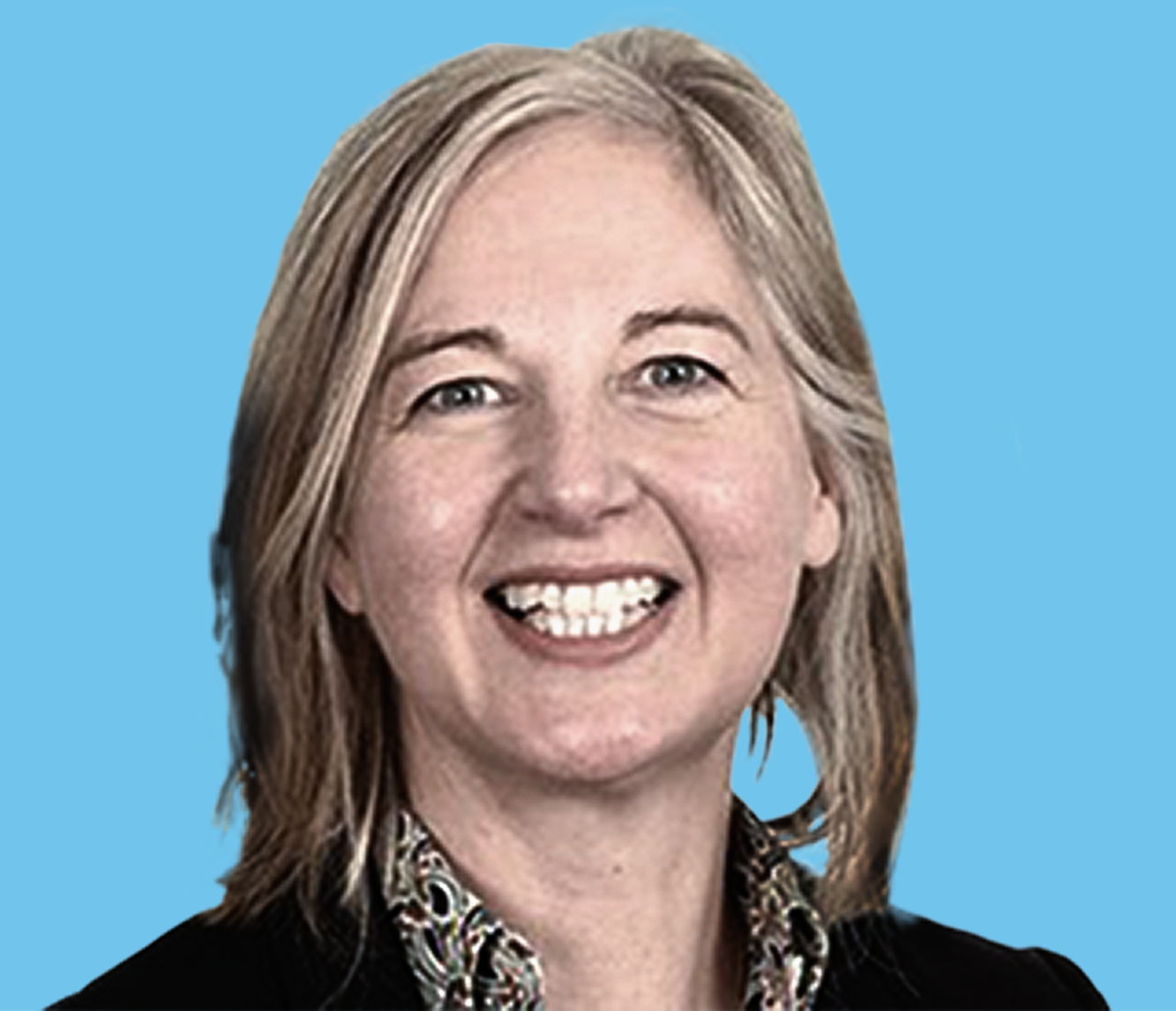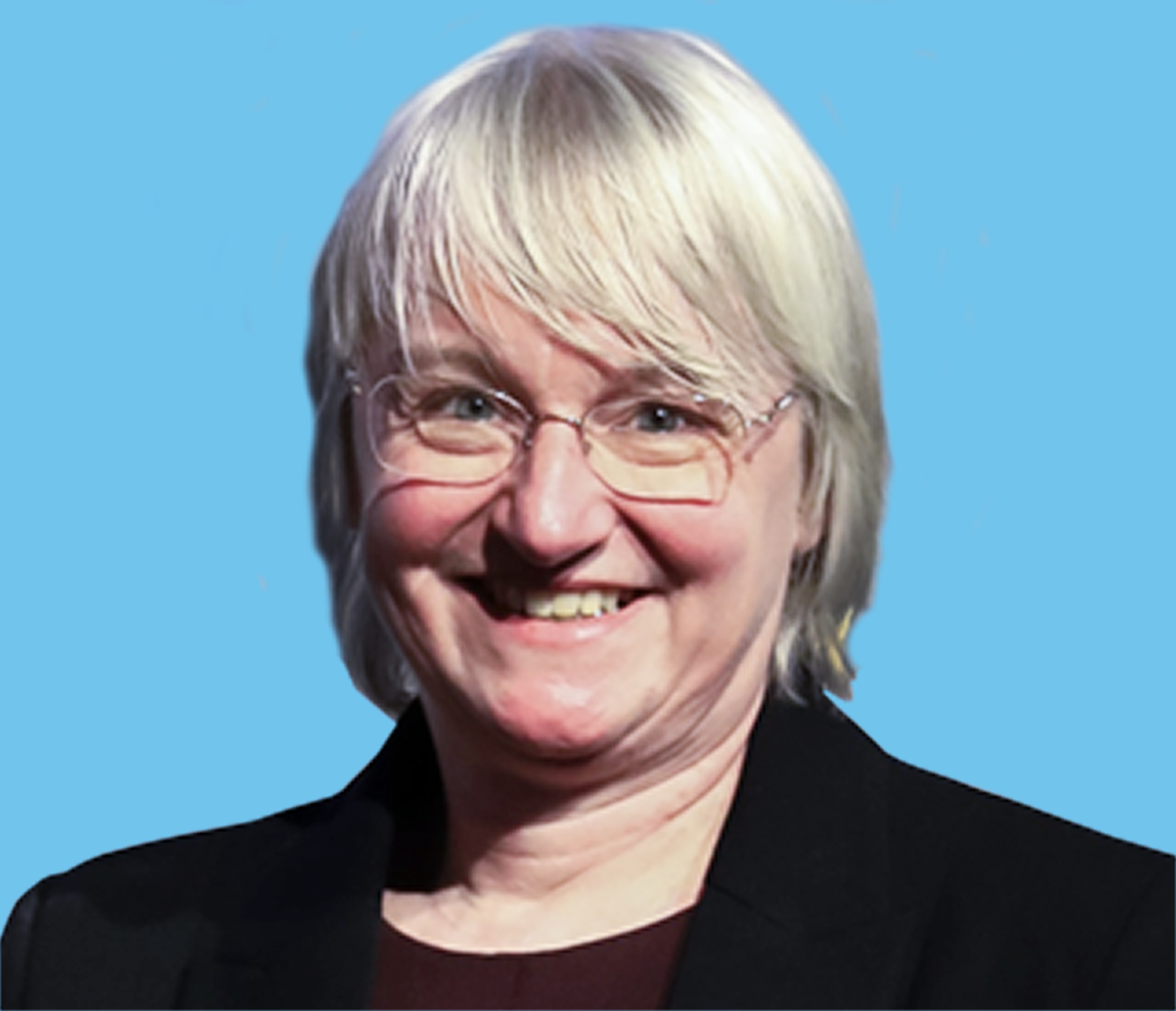
Foreword
Professor Emma Watson
Medical Director, NES
I am very pleased to introduce this year’s annual report for Medical Appraisal in Scotland.
At a time of challenge and distress, the health and wellbeing of NHS Scotland medical staff has quite rightly been a sharp focus for the Medical Appraisal Team here in NES. The team have been working to ensure that the appraisal process is supportive and person-centred; whilst also embracing the light touch approach as advised by our Chief Medical Officer. One of the key ways of doing this has been to refocus the training of appraisers and to remind them that appraisal is a formative process. As appraisees and appraisers we welcome your feedback on these changes and what more can be done to ease the burden felt by many. To link with the refocus there is an interesting programme of refresher appraiser activities over the coming year too.
Medical appraisal remains an important opportunity for doctors to reflect on their achievements and challenges over the past year and to discuss their development with a colleague. Wellbeing is central to this discussion. Most doctors in Scotland have completed two cycles of revalidation and the time is right for a review of Medical Appraisal in Scotland; the review is being undertaken by a Scottish government led short-life working group and will look at not only medical appraisal but also the SOAR platform. We need to ensure both these meet the needs of doctors across Scotland.
I would like to extend my thanks to the whole appraisal team at NES and to all appraisers working across our system for their tireless hard work supporting others during these new and changing times. I would like to particularly thank Professor Amjad Khan, Dr Christiane Shrimpton and William Liu for their leadership and dedication in ensuring the continued success of medical appraisal in Scotland.

Overview of Medical Appraisal in Scotland
Doctor Christiane Shrimpton
Associate Postgraduate Dean for Appraisal and Revalidation
As I am looking back at another year that provided challenges for us all, I want to take a little bit of time to celebrate some of the achievements. We have continued to deliver new appraiser training remotely and have had positive feedback for these courses.
They have remained very interactive by keeping the groups small and participants have often commented how much more accessible the courses are, as there is no travel involved. Many of us miss the opportunities for a chat over coffee in the breaks so we will explore face-to-face training options again in the future. The success and advantages of offering training remotely will ensure it remains part of what we offer.
Over the last few months, the new refresher programme has also taken shape. Instead of offering just one specific nationally delivered refresher session, there was wide support for more flexible options that give appraisers a choice. There will continue to be refresher sessions delivered by our excellent team of appraiser course tutors via Teams. To supplement these sessions a series of updated videos of short appraisal scenarios have been recorded that reflect the often-virtual appraisal meetings. The PowerPoint modules developed for the new appraiser training are also a resource as a refresher for established appraisers. Both can be used for self-directed learning and reflection or during local appraiser sessions arranged by the appraisal leads.
Another new development during the past year has been the offer of specific skills sessions delivered by external facilitators. The main focus has been on the use of coaching approaches in appraisal. Many appraisers have found this useful in taking a more wellbeing focussed approach to the appraisal discussions, this is especially appreciated by the appraisees. Going forward we will offer further sessions based on the development needs identified by appraisers and appraisal leads.
One of the highlights for me this year was the Annual Appraiser Conference, once again delivered virtually with the NES Medical Education Conference. The sessions explored the importance and practice of good listening, what leads to conflict and how to recognise and de-escalate it and discuss this in appraisal, feedback with some innovative ideas about collecting patient feedback in a world where consultations are often done by telephone or video calls and discussing various appraisal scenarios. There were far fewer technical issues this year and like the previous year, being able to make recordings available to appraisers who could not attend, gives access to the content to a wider group.
I have valued working with the team at Scottish Government under whose remit appraisal and revalidation comes and look forward to the outcomes of the current short life working group, chaired by Professor Ian Finlay, looking at the future of medical appraisal in Scotland.
We have a group of appraisal leads that it has once again been a pleasure to work with and we look forward to continuing this close collaboration. I also want to recognise the course tutors, who have shown great flexibility and have embraced the very different way of delivering training for appraisers. Without all of you and the appraisal team supporting me at NES we would not have the well-regarded appraisal system we have.
Thank you all and I look forward to another year of working with you.